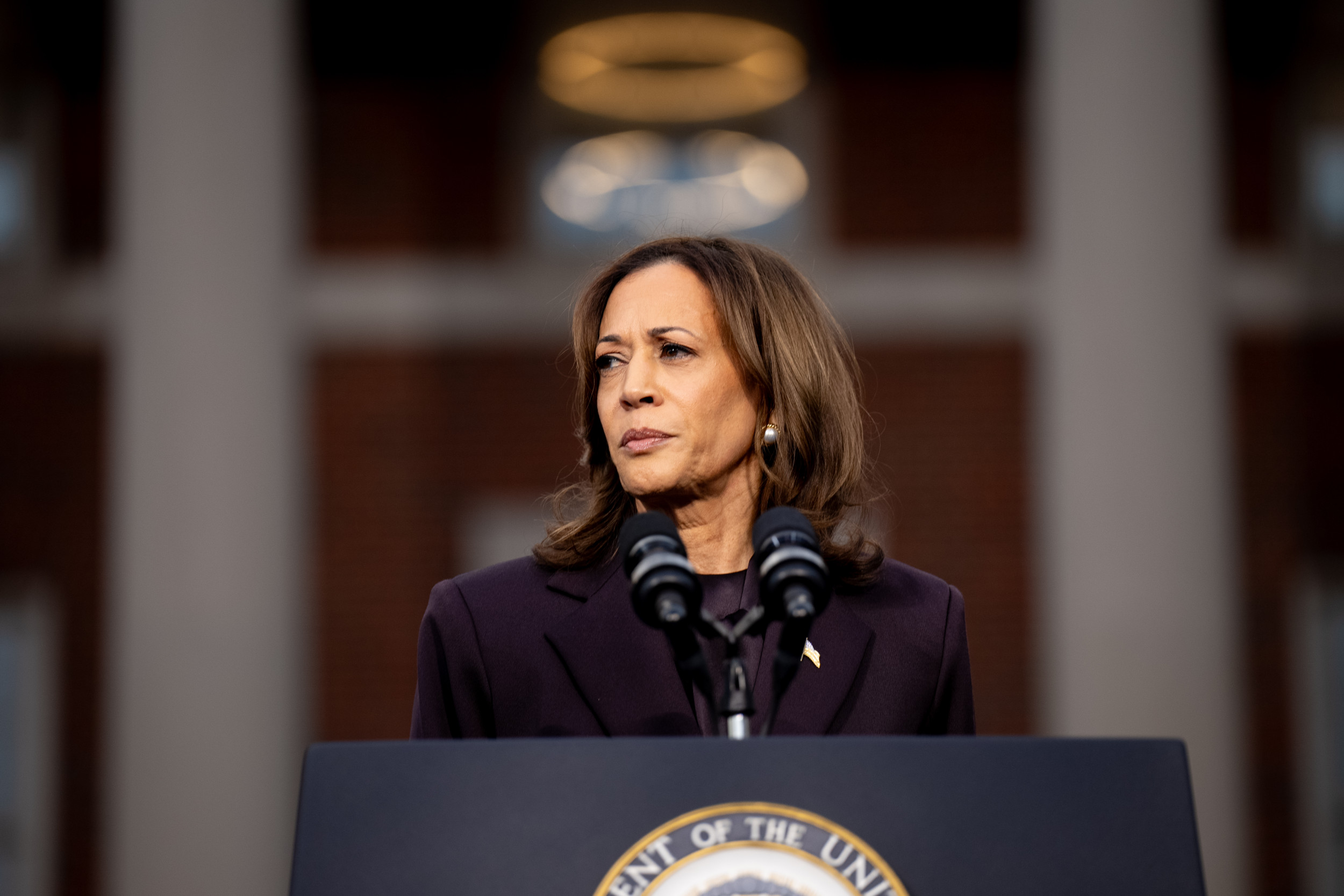Bryan Kohberger's lawyers lost the battle to keep the death penalty off the table in the trial, but their arguments could be used for an appeal to the Supreme Court.
Kohberger, 29, was charged with four counts of first-degree murder and one count of felony burglary. He is accused of fatally stabbing University of Idaho students Madison Mogen, Kaylee Goncalves, Xana Kernodle and Ethan Chapin in an off-campus house in 2022. His attorneys tried to get the death penalty taken off the table, but Judge Steven Hippler will allow a jury to consider it if he's convicted.
David Leroy, former attorney general and lieutenant governor of Idaho, told Newsweek that Kohberger's attorneys' arguments might be more compelling at the appellate level.
"The motions that were made were far-ranging and generally designed to be available to the defense to create federal court and United States Supreme Court arguments someday down the road, should the defendant be convicted and the jury also find him subject to the death penalty," Leroy said.
The appeals process for death penalty cases usually takes years to resolve because they start with courts at the state level, move to the circuit court and then reach the Supreme Court.
Leroy said the appellate courts will consider decisions made during the trial, state law and the humanity of the death penalty.

The Supreme Court has interfered in death penalty cases on several occasions. Since the death of Justice Ruth Bader Ginsburg and her replacement with Amy Coney Barrett in 2020, the Court has stopped two executions and reversed a lower court to permit an execution nine times.
Last term, the Court ruled on nearly 30 death penalty stays of execution. The justices ruled unanimously in all but three cases, including the execution of Marcellus Williams.
Leroy said while Kohberger's defense attorneys took a "broad approach" addressing various humanitarian and sociological issues surrounding the death penalty, the facts surrounding this trial "are not very sympathetic to supporting an argument of essential unfairness."
The defense filed 12 motions objecting to the death penalty, all of which Hippler denied. The motions raised various arguments, including the state's criteria for the death penalty, changing public opinion and international law.
"The motions are part of the defense strategy to vigorously contest the government's case and, in so doing, reduce the chance the death penalty will be successfully obtained during any sentencing," Michael McAuliffe, a former federal prosecutor and elected state attorney, told Newsweek.
Some arguments presented by the defense were not "designed to have any impact at the trial level," according to Leroy, such as the argument that United Nations protocols prohibit the death penalty in an Idaho case. Hippler cited similar reasoning in his ruling.
The defense argued that the state's death penalty policy violates the International Covenant on Civil and Political Rights, a treaty adopted by the United Nations and ratified by the U.S. The treaty requires nations to respect individuals' civil and political rights, including due process rights.
The court determined that treaties only impact U.S. law if they are approved through congressional legislation or if they are self-executing, meaning they go into effect immediately upon ratification.
"In sum, the ICCRP provides no basis for relief. In accordance with the weight of authority, the Court finds it is not self-executing, has not been given effect by Congress and provides Defendant with no enforceable right," Hippler wrote in his ruling.
McAuliffe said Hippler's ruling was not surprising because of the "binding precedent" the court was facing.
"That isn't a surprise given both the US Supreme Court and the Idaho Supreme Court have issued previous decisions addressing almost every issue raised by the defense regarding the death penalty. The court order explains that binding precedent forecloses almost all the facial legal attacks on the death penalty in the Kohberger case," McAuliffe said.
McAuliffe explained that the court has "a very limited ability" to review the prosecution's decision to file a notice of intent to seek the death penalty, and the only way to reverse the decision is to find the death penalty unconstitutional.
"That's what the defense team was seeking, but the court ruled in clear language against them," he said.
Moving forward, both prosecutors and Kohberger's attorneys will focus on what evidence will be admissible during the trial.
"I think there will be discovery motions, either attempting to compel the state to produce more evidence of a particular nature and type, possibly discovery motions by the state asking the defense to clarify what it intends to do," Leroy said. "So there will be various motions by both parties seeking procedural clarity or procedural advantage."
Leroy said evidence in the case could center around modern scientific developments, including DNA, cell phone transmissions, text messages and internet searches.
"I would expect a great deal of discovery-related motion and inquiry related to those various modern-day electronic and scientific studies and the proposed experts that will be presenting that evidence," Leroy said.
If Kohberger is convicted and sentenced to death, all evidence, orders from the judge, and other aspects of the case's proceedings could be brought up during his appeal.
Do you have a story Newsweek should be covering? Do you have any questions about this story? Contact LiveNews@newsweek.com.



















 English (US) ·
English (US) ·